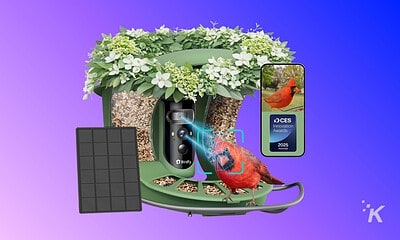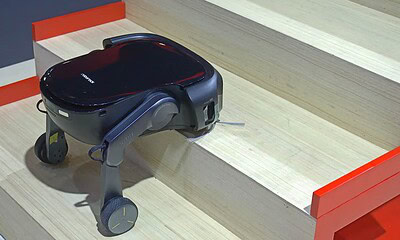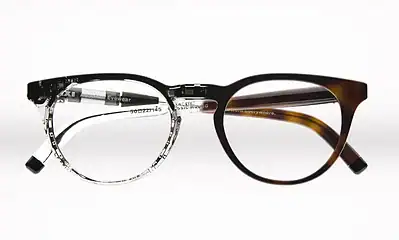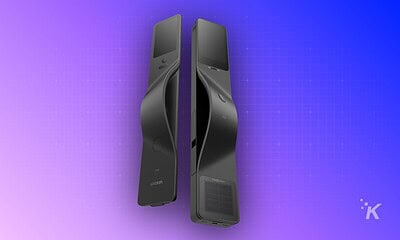Tech
How technology can improve your health
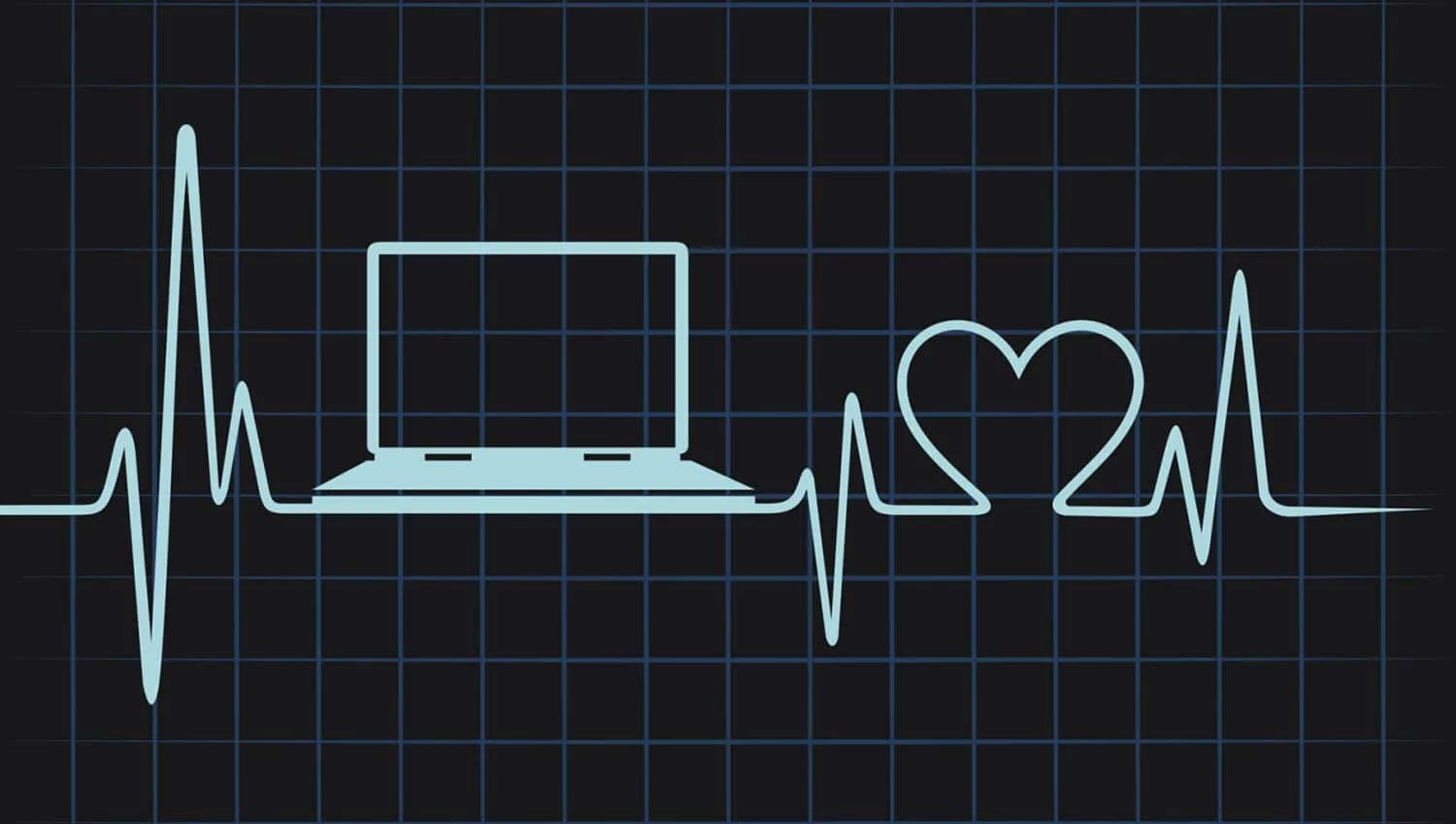
Just a heads up, if you buy something through our links, we may get a small share of the sale. It’s one of the ways we keep the lights on here. Click here for more.
Technology helps us accomplish goals and complete tasks more efficiently and with less effort. In fact, technology often helps us accomplish things that would otherwise be impossible (like fly or communicate in real time across time zones). So it goes without saying that technology can and should play a role in our health as well.
Here are ways that technology can help improve your health and provide you with solutions to common ailments and conditions:
Poor Sleeping Habits
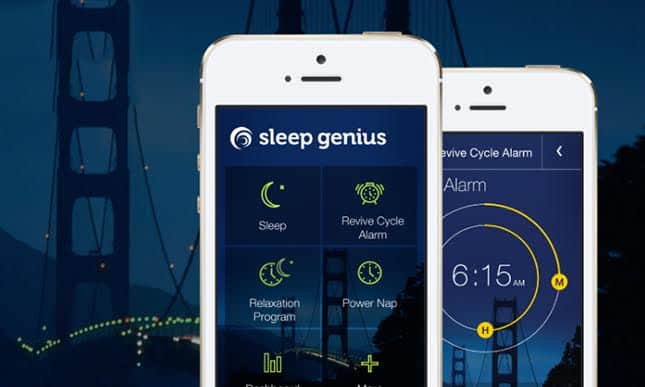
Adequate sleep is vital to healthy brain function, emotional development, physical health, and daytime performance (i.e., going about your day and completing routine tasks). If you don’t get enough sleep – the amount of sleep that a person needs depends on his or her age – it can have a lasting impact on your health and wellbeing. If this describes you, don’t worry just yet, as there are a number of technological solutions that can help you get the sleep you need.
Solution: Several mobile apps, including Sleep Genius and Sleepbot, are available that can help you maintain a healthy sleeping routine. These apps include features like alarms, motion tracking, and sound recording to monitor your sleep for later analysis, and can even help you relax to get you ready for sleep.
Weight Gain
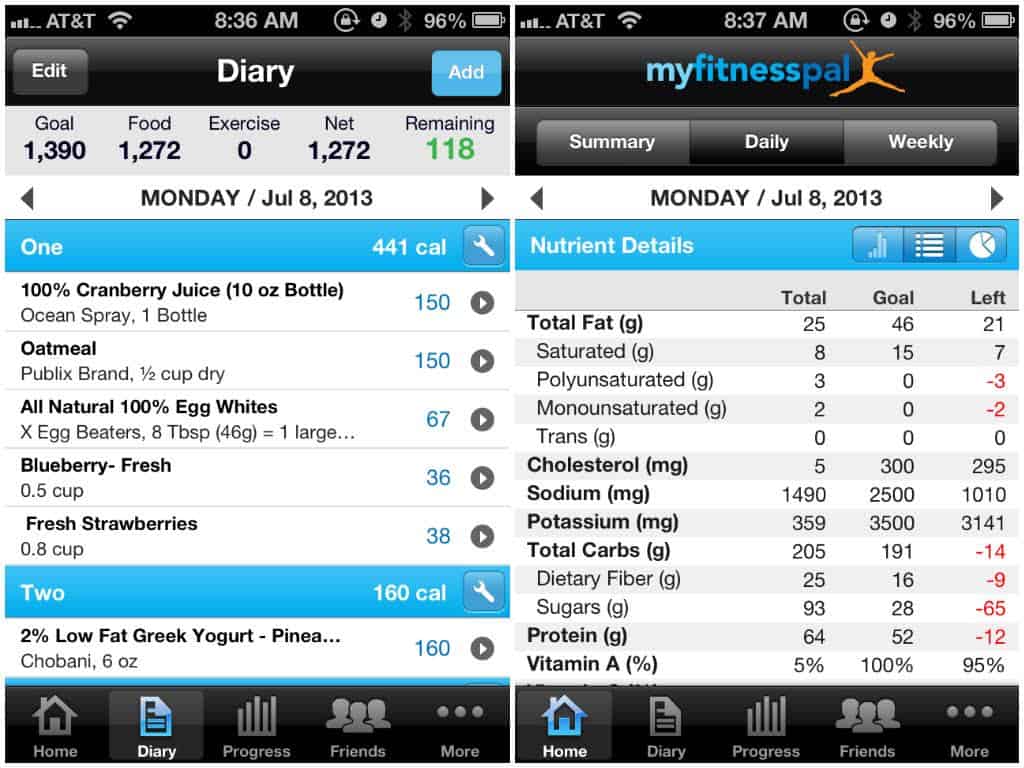
Being overweight has a number of effects on your physical health. Obesity is linked to coronary heart disease, high blood pressure, diabetes (Type 2), stroke, metabolic syndrome, sleep apnea, osteoarthritis, reproductive complications, gallstones, heart disease, and other medical issues. Thankfully, if you are overweight or obese, there are a number of technologies that can help you maintain and manage your weight.
Solution: There are a multitude of mobile apps available to help you stick to a diet and exercise regimen. MyFitnessPal, for example, is a calorie counter that imports nutrition information and gives proper serving sizes to help ensure you are sticking to a balanced and healthy diet.
Daily Idleness & Lack of Physical Activity
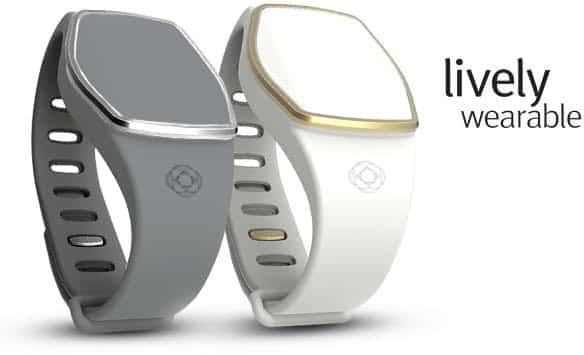
Physical activity yields tremendous benefits for mind and body. It can help you build muscle and reduce fat, strengthen your heart, improve lung function, reduce your risk for coronary heart disease and heart attack, and boost your cardiovascular system. Staying fit and healthy for many people is as simple as staying active. If you have a lifestyle that leaves you idle for long hours of the day, consider these solutions.
Solution: Whether you opt for something simple like a pedometer, or something more advanced, like a FitBit, a fitness tracker not only enables you to track your daily activity, it can serve as a motivator as well. And if you are seeking a fitness tracker for seniors, you will find that bands like the Lively Wearable even include urgent and non-emergency response features.
Strained Eyes from Daily Screen Use
The fatigue that you experience as a result of staring at a computer screen all day has its own diagnosis: it’s known as computer vision syndrome. Symptoms include eye strain, headaches, blurriness, dry eyes, and even neck and shoulder pain. To help alleviate computer vision syndrome, you should take occasional breaks – at least every 20 minutes or so, look away from your screen and focus on an object far away. Going one step further, you may consider a technological solution as well.
Solution: Companies like Gunnar Optics offer eyewear that is specifically designed to combat computer vision syndrome. Specially designed eyeglasses block blue light (high-energy short wavelength light emitted by computer screens) and provide improved focusing to help counter digital eye strain. If you sit in front of a computer all day, consider purchasing a pair.
Lack of Brain Activity
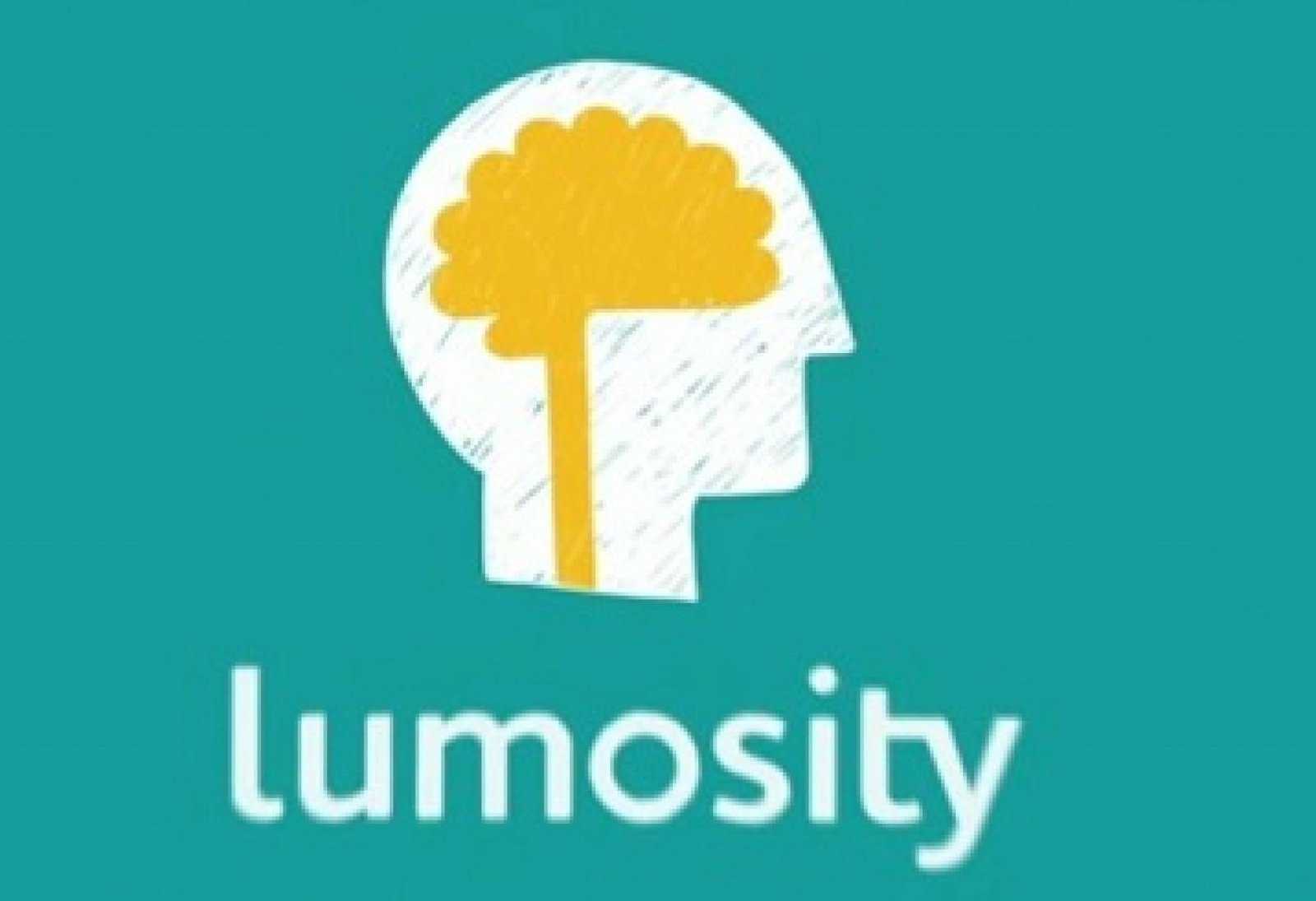
As we age, certain parts of the brain, like the prefrontal cortex (an area of the frontal lobe) and hippocampus, shrink, while neurotransmitters and blood vessels also experience changes that can hinder mental function. All of these conditions can lead to memory loss and reduced cognitive ability. And it’s worth noting that this occurs even in individuals who are healthy and sometimes even young that’s why there are residential programs for at risk youth nowadays that help young adults get back on track. However, research also shows that cognitive tasks, such as memory tests, can activate brain regions. This is why it is important to stay active both physically and mentally. Just as diet and exercise benefits the body, brain activity benefits the mind.
Solution: From low-tech solutions like crossword puzzles and memory tests, to high-tech solutions like mobile learning applications (such as Lumosity and Elevate), anything helps when it comes to triggering brain activity. You could even help promote cognitive function by reading a book. The key here is to stick with it. Exercise your brain every day to help fight against a lack of brain activity.











